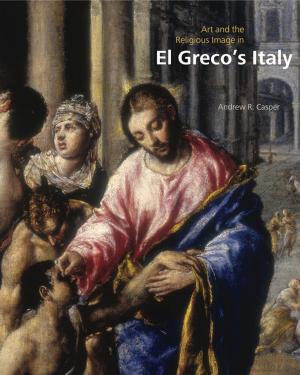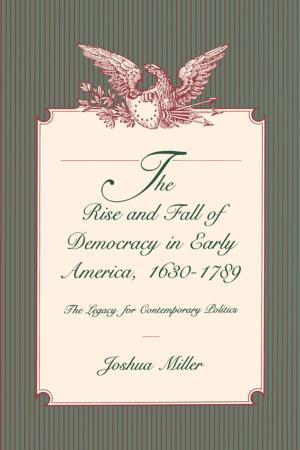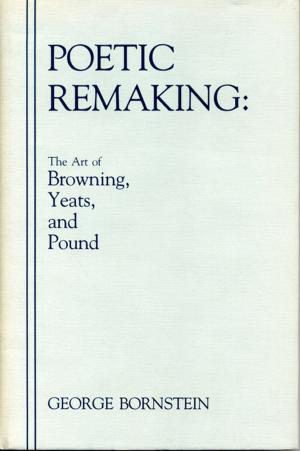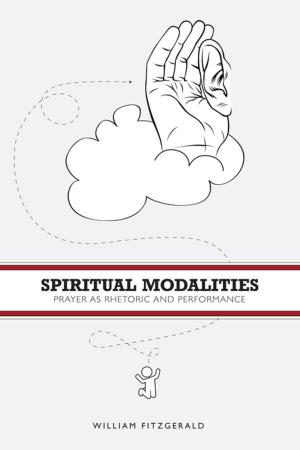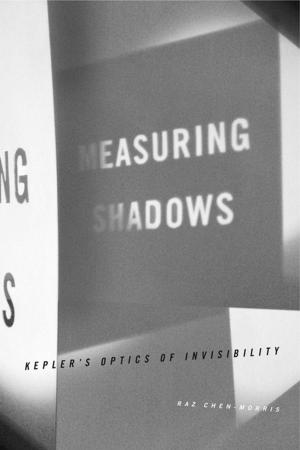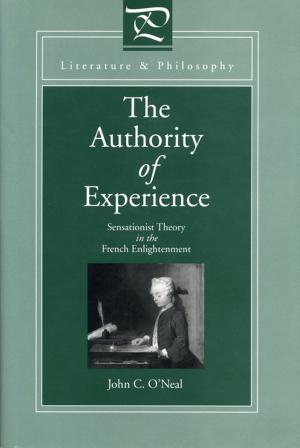Rousseau Among the Moderns
Music, Aesthetics, Politics
Nonfiction, Religion & Spirituality, Philosophy, Aesthetics, Modern, Political| Author: | Julia Simon | ISBN: | 9780271069678 |
| Publisher: | Penn State University Press | Publication: | June 6, 2013 |
| Imprint: | Penn State University Press | Language: | English |
| Author: | Julia Simon |
| ISBN: | 9780271069678 |
| Publisher: | Penn State University Press |
| Publication: | June 6, 2013 |
| Imprint: | Penn State University Press |
| Language: | English |
Renowned for his influence as a political philosopher, a writer, and an autobiographer, Jean-Jacques Rousseau is known also for his lifelong interest in music. He composed operas and other musical pieces, invented a system of numbered musical notation, engaged in public debates about music, and wrote at length about musical theory. Critical analysis of Rousseau’s work in music has been principally the domain of musicologists, rarely involving the work of scholars of political theory or literary studies. In Rousseau Among the Moderns, Julia Simon puts forth fresh interpretations of The Social Contract, the Discourse on the Origin of Inequality, and the Confessions, as well as other texts. She links Rousseau’s understanding of key concepts in music, such as tuning, harmony, melody, and form, to the crucial problem of the individual’s relationship to the social order. The choice of music as the privileged aesthetic object enables Rousseau to gain insight into the role of the aesthetic realm in relation to the social and political body in ways often associated with later thinkers. Simon argues that much of Rousseau’s “modernism” resides in the unique role that he assigns to music in forging communal relations.
Renowned for his influence as a political philosopher, a writer, and an autobiographer, Jean-Jacques Rousseau is known also for his lifelong interest in music. He composed operas and other musical pieces, invented a system of numbered musical notation, engaged in public debates about music, and wrote at length about musical theory. Critical analysis of Rousseau’s work in music has been principally the domain of musicologists, rarely involving the work of scholars of political theory or literary studies. In Rousseau Among the Moderns, Julia Simon puts forth fresh interpretations of The Social Contract, the Discourse on the Origin of Inequality, and the Confessions, as well as other texts. She links Rousseau’s understanding of key concepts in music, such as tuning, harmony, melody, and form, to the crucial problem of the individual’s relationship to the social order. The choice of music as the privileged aesthetic object enables Rousseau to gain insight into the role of the aesthetic realm in relation to the social and political body in ways often associated with later thinkers. Simon argues that much of Rousseau’s “modernism” resides in the unique role that he assigns to music in forging communal relations.




